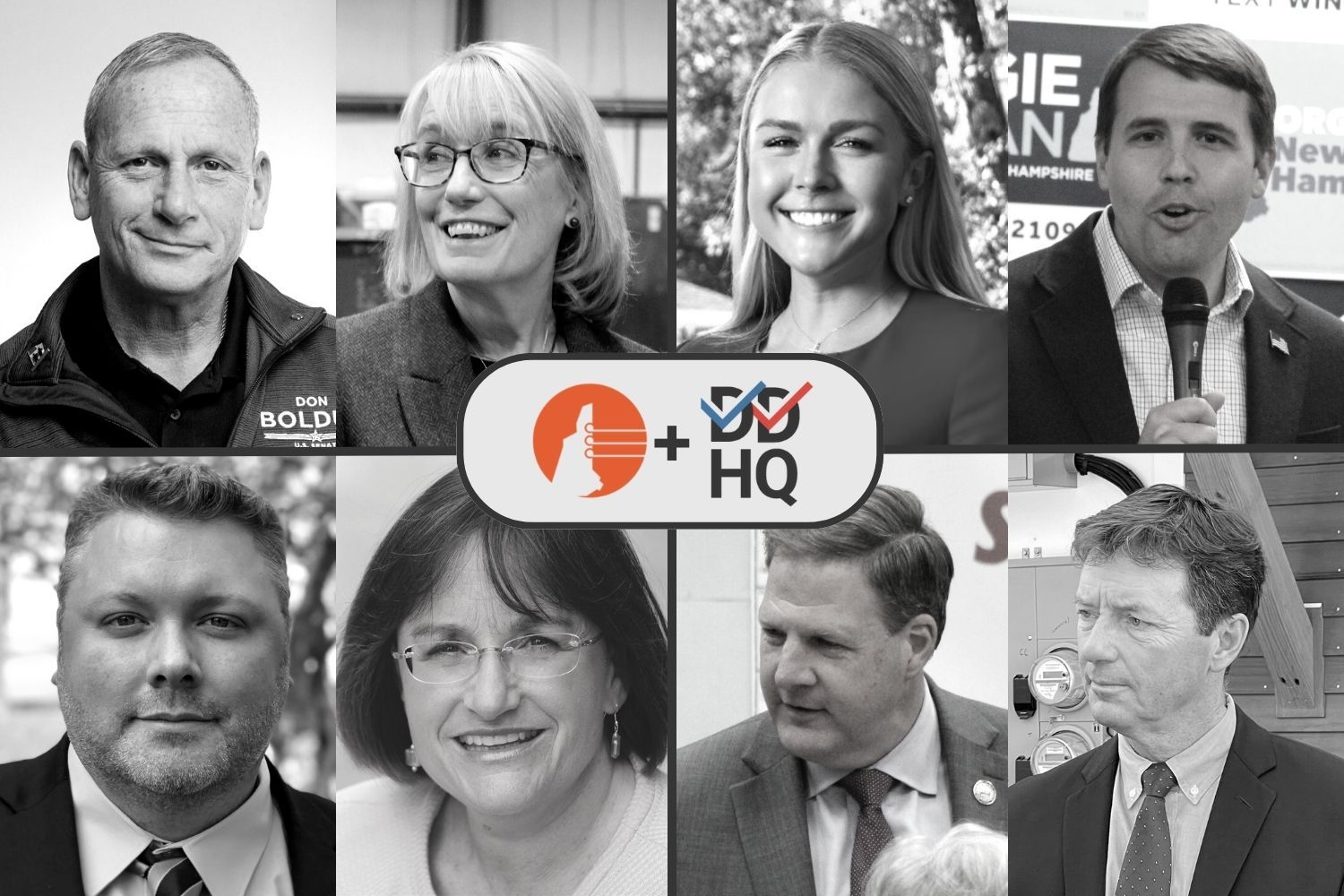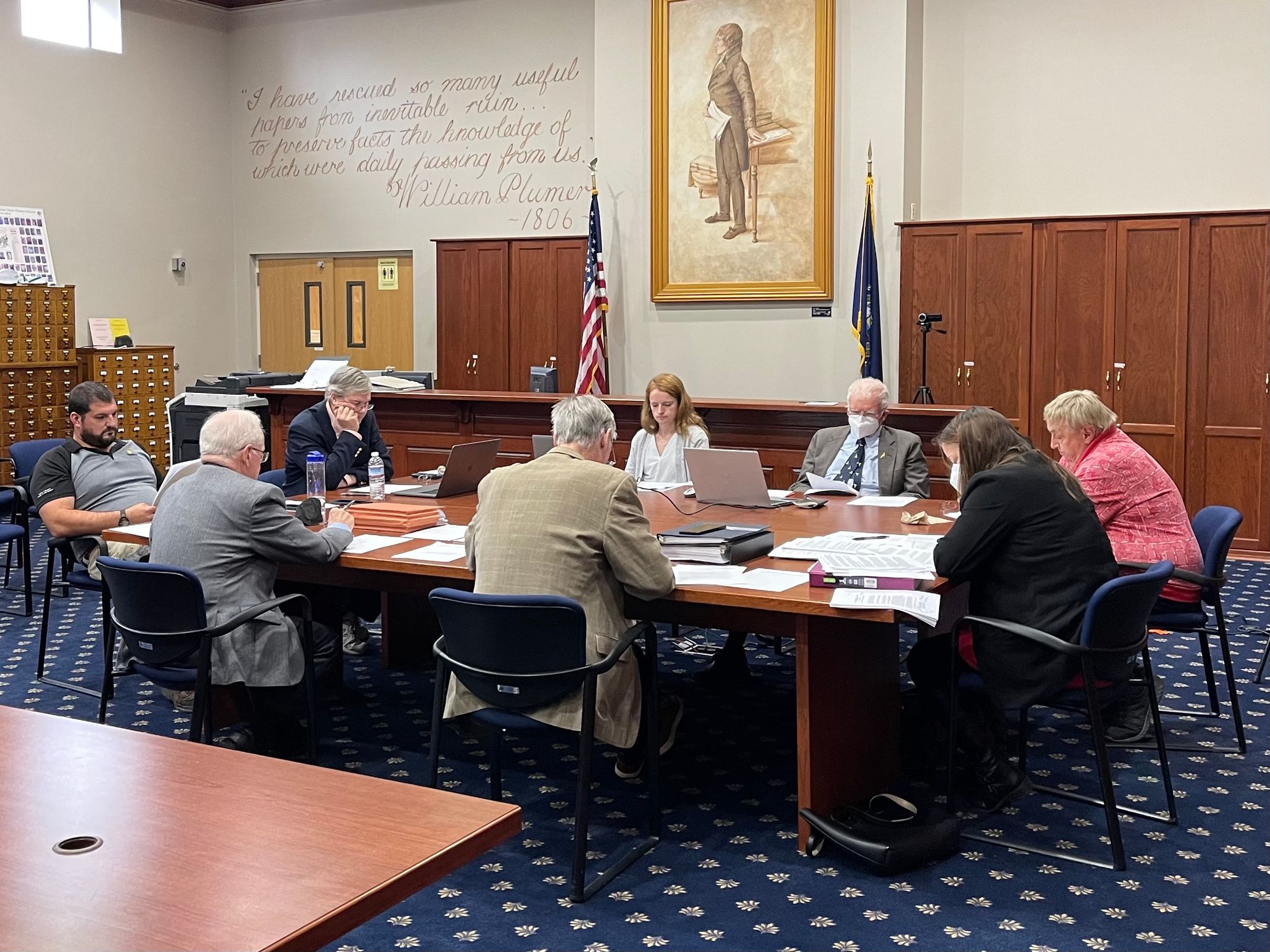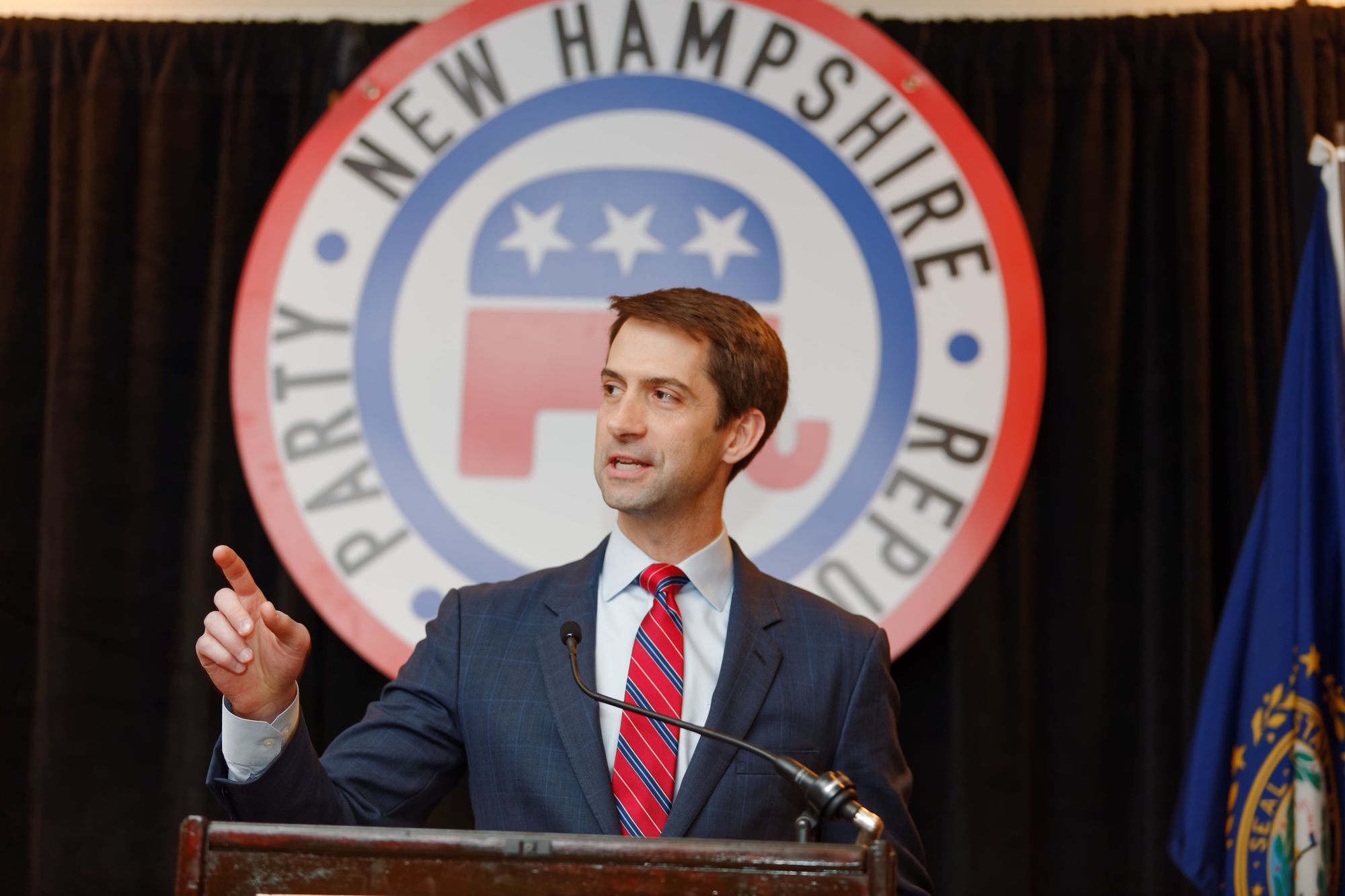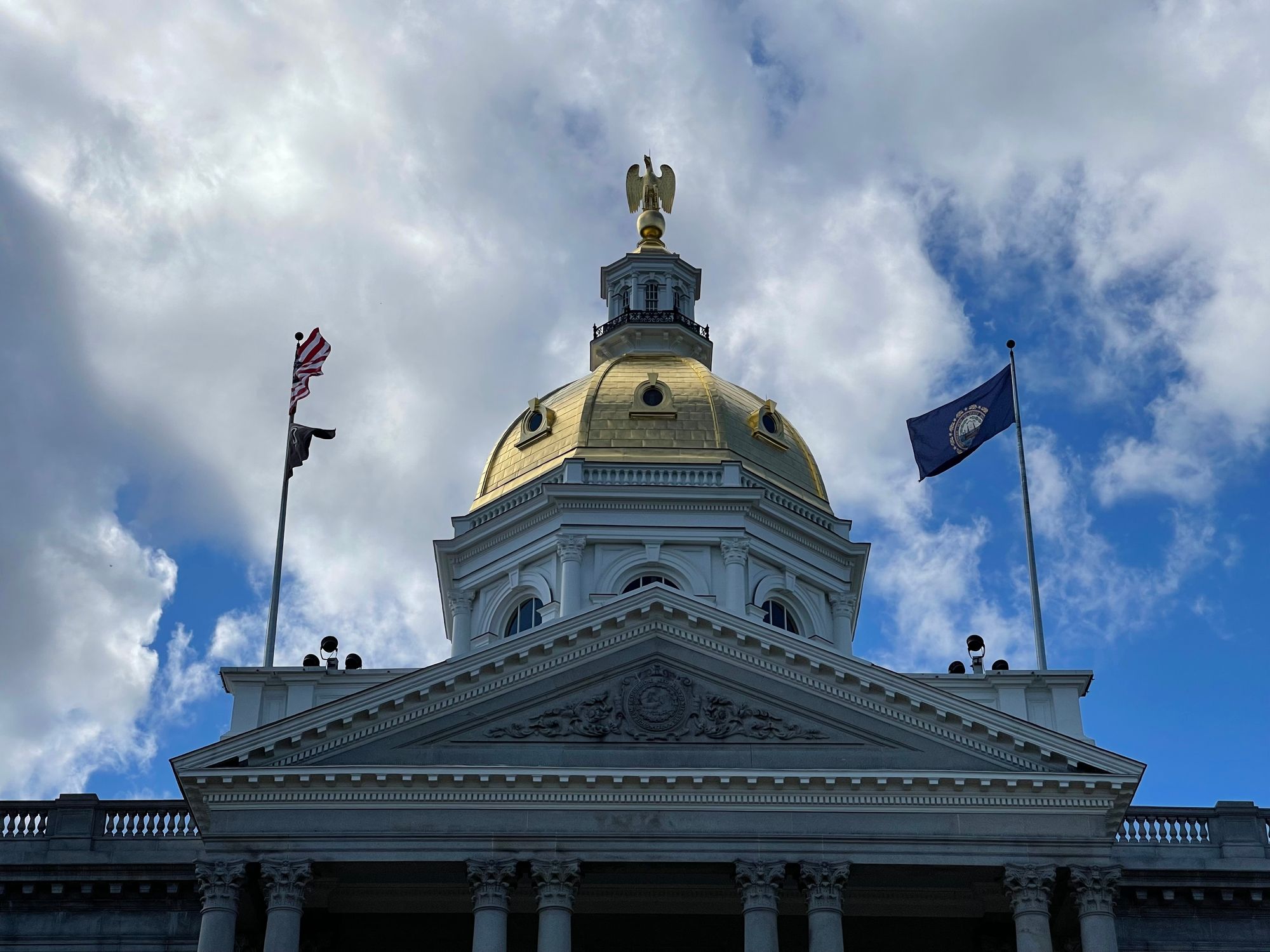What to expect on and after Election Day, per NH secretary of state

Ahead of the midterms, the Bulletin sat down with NH Secretary of State Dave Scanlan to discuss the upcoming election.
We talked about what voters should expect on Nov. 8, who will be working at their polling place, and the journey ballots take during each election to ensure that every vote is counted.
This interview has been edited for length and clarity.
What can voters expect on Election Day this year?
Voters who have participated in the election process are not going to see much difference from past elections. We’ve had conversations with local election officials about being as transparent as possible in the process and taking the time to talk to voters to help educate them on what actually is going on in the polling place.
The typical voter, they are on their way to work or wherever, they show up the polling place, get out, go right to the check-in table, share their photo ID, get their ballot, go to the voting booth, mark it, and then put it in the ballot box or in the ballot-counting device.

What checks and balances are at play in a polling place to ensure the election runs smoothly and is fair?
First, and probably the most important, is that all the actual election officials that are locally running the polling place are elected from that community. They’re voters in the town. The voters probably know at least one of them and have voted for them to hold that position. And so we’re decentralized in that respect.
And then the political parties have a presence in the polling place. In the first instance, they get to appoint inspectors of election, who serve as clerks. So when a voter comes in to the check-in table, oftentimes there will be one poll worker crossing their name off the checklist and the other handing their ballot. Well, they’re from the two political parties, sitting side by side, working together, keeping an eye on not only each other but everything else that’s going on in the polling place.

What authority do poll workers from political parties have? What's allowed and what's off limits?
Well, in that setting, they have to be objective and not political. They do the job. They can’t be electioneering. They can’t be telling people to vote for their favorite candidate. They’re just doing a really important job in the polling place, and that’s checking people in.
Are there other roles the parties play?
Parties also get to appoint a position called an official challenger. That’s an individual that gets to sit in close proximity to the ballot clerks so that they can see and hear the activity that’s taking place at the check-in table.
Usually, they have their own list of voters and they’re crossing names off of the people that they want to see come out and vote. If your name is on that list and you aren’t showing up by a certain time of day, they’ll usually hand that off to somebody who will make phone calls and say “you better get down here.”
They can also challenge voters. If they think that there’s a voter, for a specific reason who’s not qualified to vote in that polling place, there’s a process to challenge. In fact, any voter in that community can challenge any other voter based on their qualifications.

What happens after the polls close?
At the end of the night when the polls close, everything is done in the open: counting the ballots, coming up with the results to be announced, and posting them. It’s not an opportunity for voters to just kind of hover over counting teams and challenge ballots. That’s something that takes place in a recount, if a recount happens. But they get to observe the activity.
Once the results are posted, those numbers will be written down on return of votes forms. The numbers on the return of votes should match exactly the numbers that were posted at the polling place. And then they’re put in a sealed envelope and delivered to the State Police, who then bring them to this office very early (the next morning).
What does your office do with the return of votes forms?
We’ll open the return of votes, and then we start the process of taking those numbers and adding them to the other return of votes numbers for each race so that we can come up with the overall total.
As we go through that process, sometimes we find numbers that don’t make sense, or there might be a number missing and so we have to follow up with a town, asking them, you know, did they add this correctly or not? And if we find out what the issue was, then the town will send us the amended result.
What is the threshold for a recount and what triggers it?
New Hampshire does not have automatic recounts, so a recount has to be requested by a candidate. The spread between winning and losing has to be 20 percent or less, which if you lose by 20 points it’s a big loss. There’s a graduated fee involved. If the difference between winning and losing is between 0 and 1 percent, it’s a really nominal fee. But if you get above 3 percent up to 20 percent, the candidate has to agree to pay for the cost of the recount.
But we will have some very close races. Usually, the races for state representative are the most common because we have so many. Depending on which polls you listen to, we’ve got some congressional races that are pretty tight, so we have to be prepared to recount any race that’s on the ballot.
The last day to request a recount is Monday at five o’clock because Friday is Veterans Day. Depending on how many recounts we get right after the election, we might start scheduling them even before the deadline to request one.

How long can it take to get the final results of an election when recounts are requested?
Sometimes recounts are requested, and the candidate wants to see the results in a particular town where they think there may have been an issue. If we do that town and nothing changes, then the candidate will call off the recount. The results stay the same as they were on the night of the election.
Then, we’ve had some years where we’ve done recounts right up until Thanksgiving.
This story was produced by the editorially independent New Hampshire Bulletin, which is part of States Newsroom. Contact Editor Dana Wormald for questions: info@newhampshirebulletin.com. (The headline and subheads on this page have been modified by Granite Memo.)
